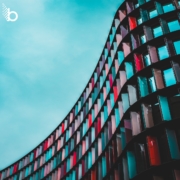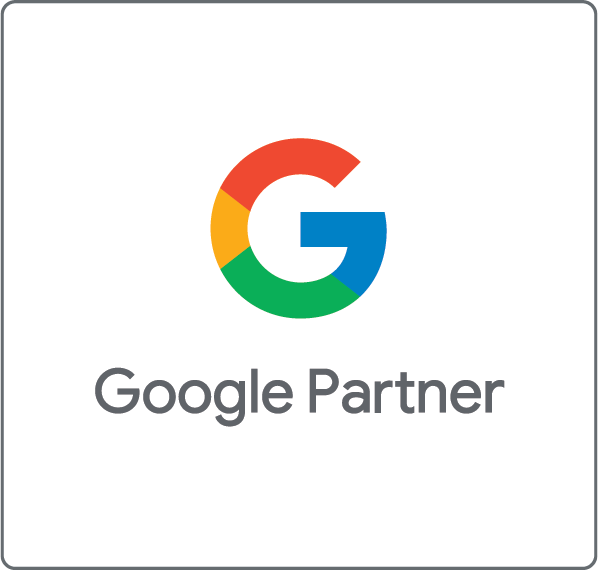How Social Media Marketing Integrates with the Olympic Games
The 2020 Olympics have come around during an unprecedented time. And due to the global COVID-19 pandemic, these Olympic Games look different than previous ones. Masks, social distancing, and no spectators are among the safety protocols that were implemented to carry out a safe global event. So now more than ever it was important to find ways to connect Olympians in the Tokyo bubble to their families and fans. As a social media marketing agency, we have been taking note of campaigns used by the Tokyo 2020 Olympics and their sponsors to connect athletes and fans. In this blog post, we will break down the most notable strategies and their significance.
Social Media’s Relevance to Tokyo 2020
For many years now social networks have increasingly become an important part of sports discourse, being that television is not the only way to follow sports. In fact, Christopher Carroll, the Director of Digital Marketing for the International Olympic Committee, stated that “These games are expected to be the most digitally engaged games ever.” This statement has proven to be true with the @olympic social platforms generating 3.7 billion engagements this year.
Additionally, the Tokyo 2020 Games offered 20 official networks and platforms through which the public could follow their favorite events. This gave the numerous social media accounts covering the Olympics many ways to encourage fans to tune in.
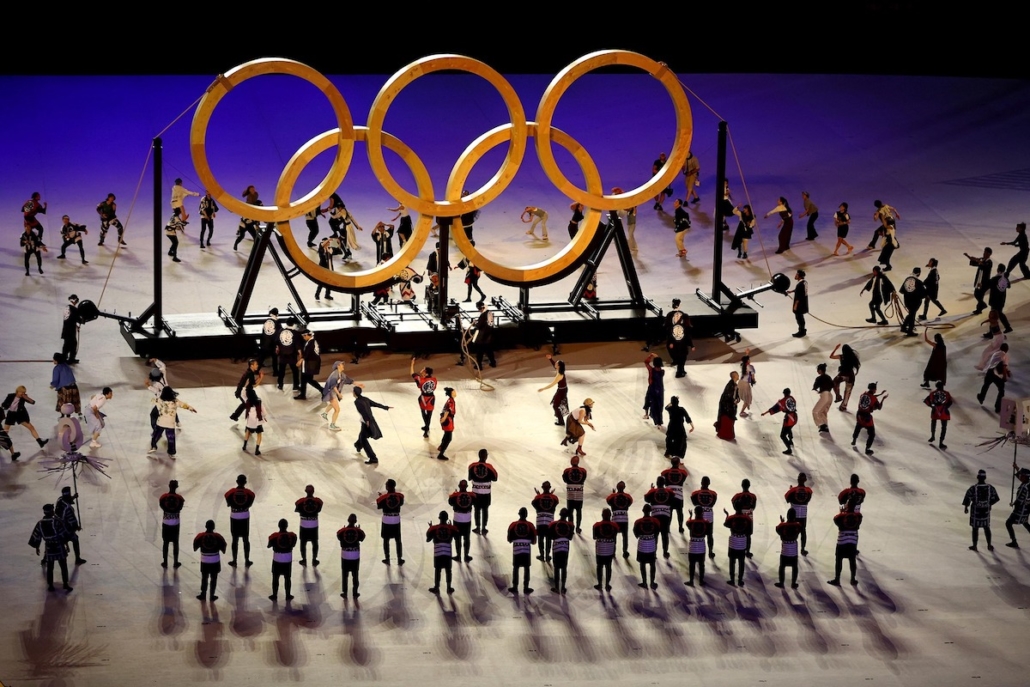
Brand Marketing during The Olympics
The Olympics are one of the most popular televised events in the world, giving Olympic sponsors a global stage to promote their products and services. This year’s games got brands working very creatively as the success of a social campaign is not dependent on an on-site audience. No fans in the stands mean businesses have to find ways to make spectators still feel included overseas. Additionally, such big audiences signify that brands must take great care in organizing their campaigns as they want to spread the right message in a positive and respectful way.
When it comes to partnering with world-class athletes, brands select people who align with their values. Once selected, businesses use their social platforms to amplify athlete voices. For example, the activewear brand Athleta partnered with Allyson Felix and the Women’s Sports Foundation to start a one-of-a-kind grant program that covers childcare costs for athletes. The “She Fund”, as it’s called, empowers women to continue their sports careers while being able to take care of their families.
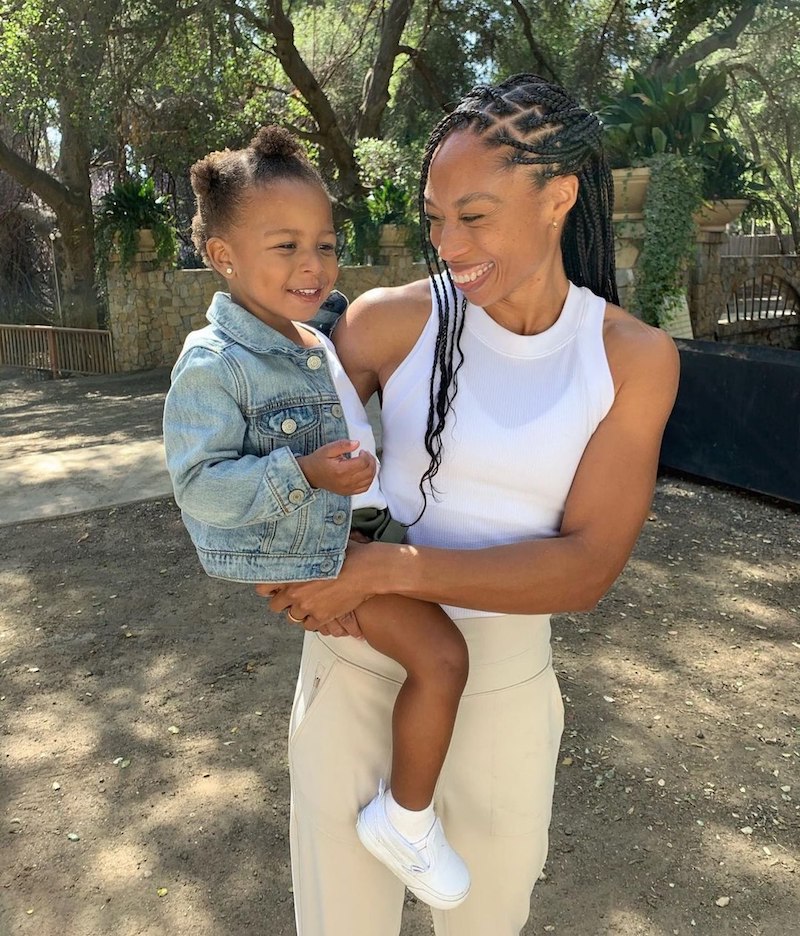
Global audiences can be a delicate consumer base to market to. There are various cultural nuances that brands must pay attention to if they want to effectively connect with these audiences. Sprout Social comments that, “…it’s imperative that brands take a moment to evaluate how their content will be interpreted by a diverse audience.” Businesses don’t want to be accused of being culturally insensitive or ignorant, so they must take extra care in thoroughly researching and understanding the country and culture they are trying to advertise to.
Olympian Vloggers
Another social media strategy for the Olympics that came about organically was the emergence of Olympian vloggers. While many athletes began documenting their lives on the internet before this year’s games (Britain’s Tom Daley and USA’s Mykayla Skinner), there has been a new wave of Olympians giving fans a behind-the-scenes look at their life in Tokyo.
Erik Shoji (USA Men’s Volleyball), Ilona Maher (USA Women’s Rugby), and JaVale McGee (USA Men’s Basketball) have been some of the notable athletes showcasing their journeys. Taking to TikTok or YouTube these Olympians share everything from what their rooms looked like to the food served in the cafeteria.

These athlete vloggers have proven to be highly popular with many of their videos gaining millions of views and thousands of likes. Giving fans a direct look into the lives of an Olympian was another way to make spectators involved even though they physically couldn’t be there.
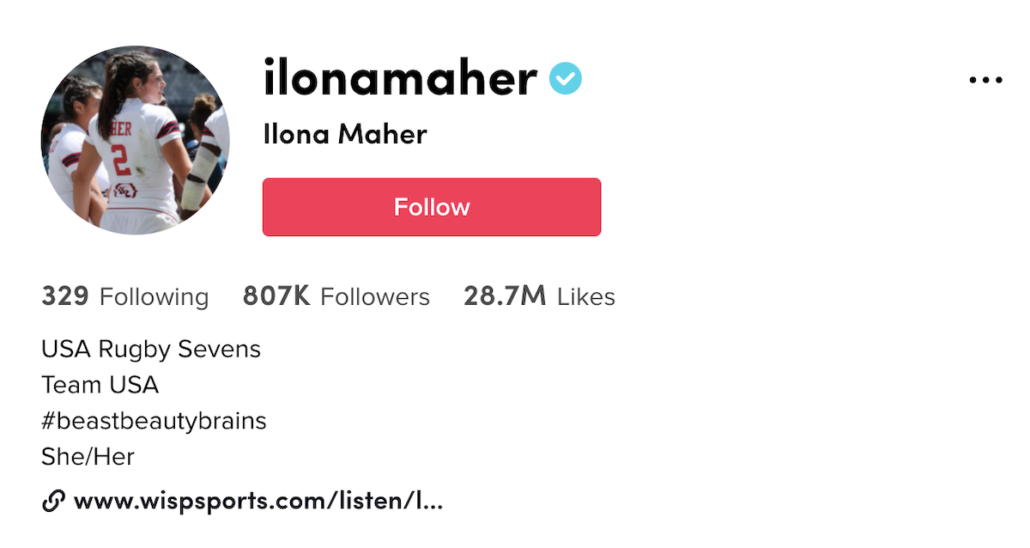
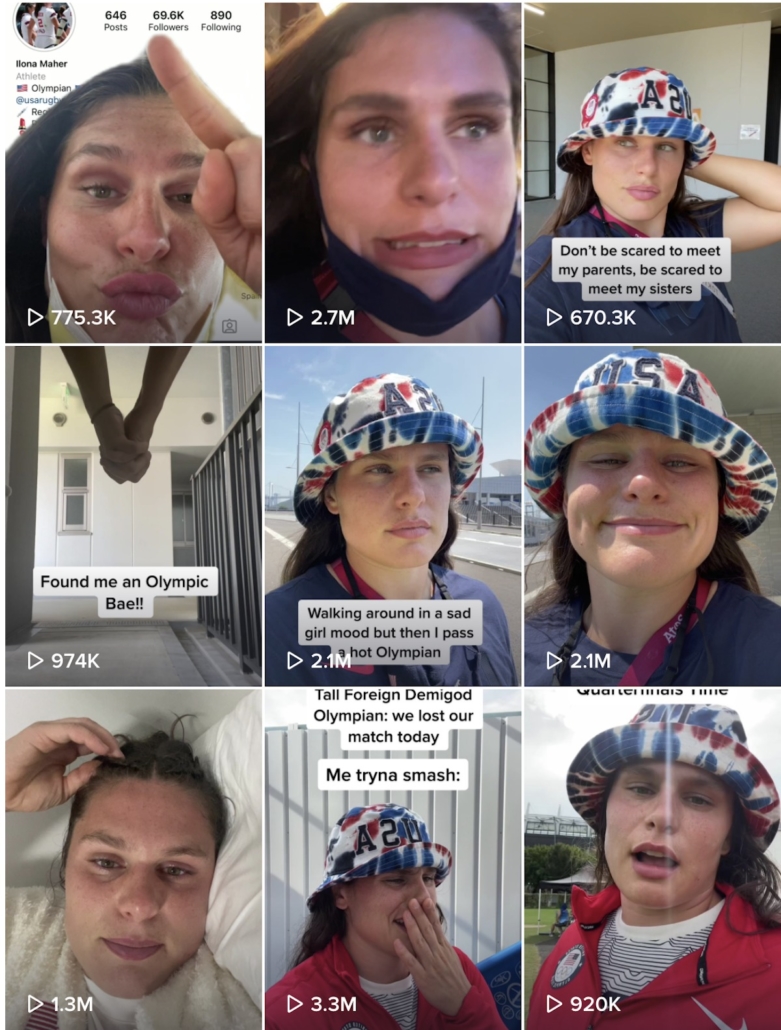
These videos also allow the athletes’ personalities to shine through, as fans weren’t able to see Olympians outside their events or official interviews in previous games.
Overall, this year’s summer Olympics took a very creative turn in marketing to accommodate for COVID-19 protocols and serves as an example of how future large-scale events can market to their audiences in the midst of the pandemic. To that end, a social media marketing agency is constantly adapting its strategies to serve the ever-changing situation just as the Olympics did and will continue to provide the expertise needed to keep your business relevant during this time. Contact Bright Age today for more information.

